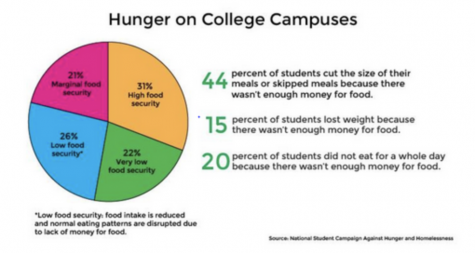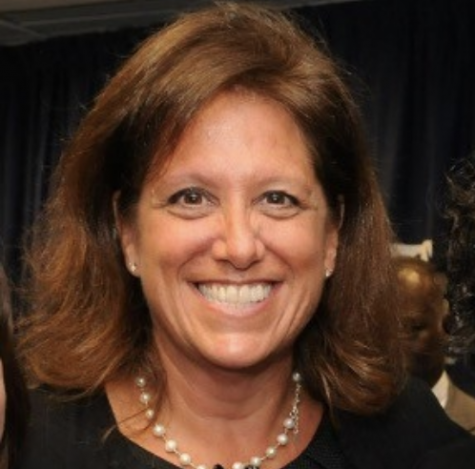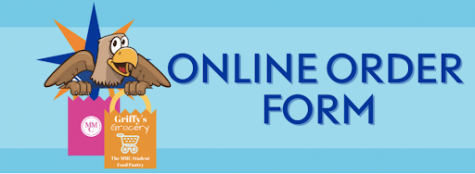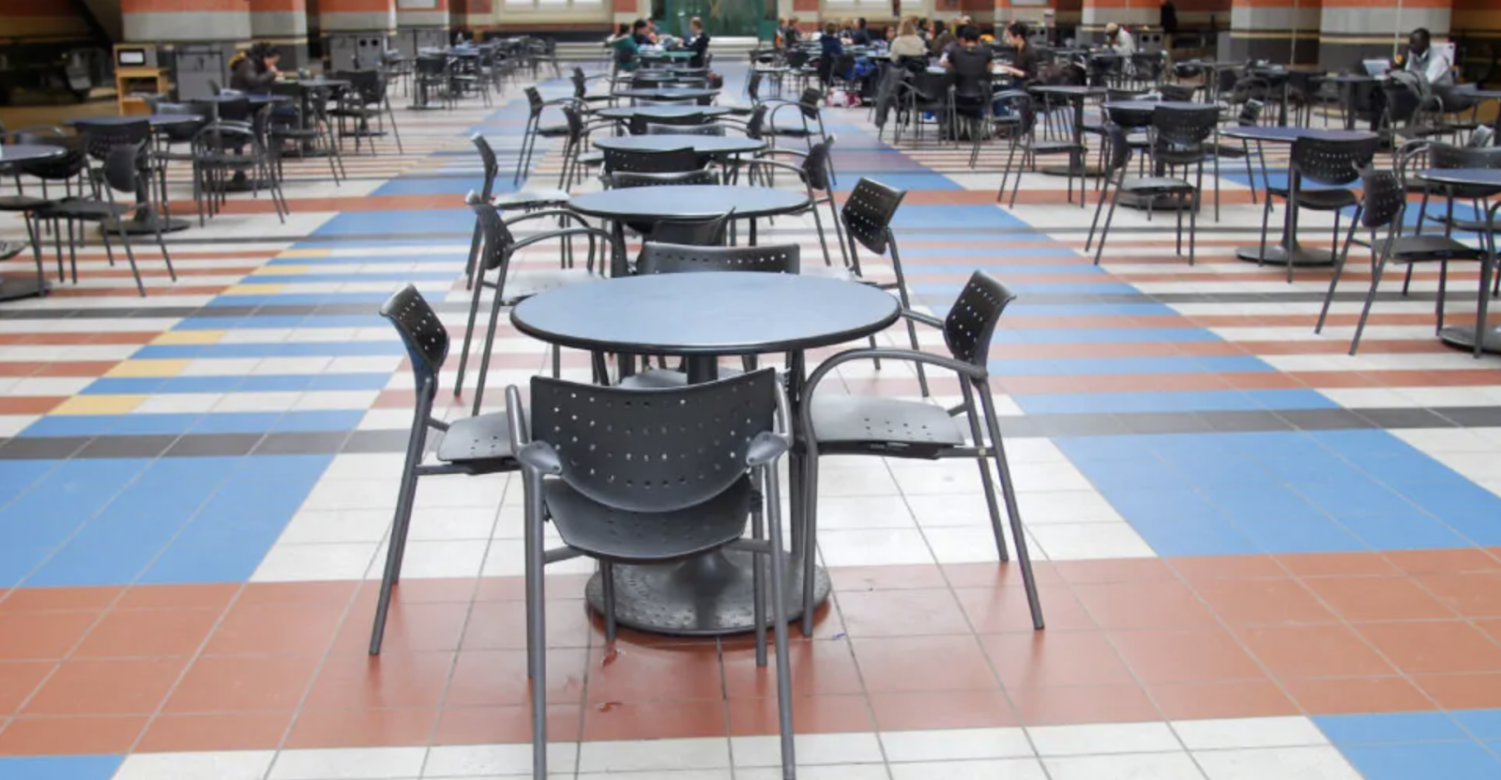NYC College Students Are Struggling With Food Insecurity
November 25, 2020
Food insecurity not only includes not having enough to eat, based on an average of three meals a day, but it also relates to the quality of food available. Fast food is plentiful in New York City with many cheap options like the famous dollar pizza, bagel, and halal carts on every other corner, but these options are unhealthy as a consistent source of nutrition. Budgeting between textbooks, metro fare, rent, and groceries can be a great challenge, and not having enough resources to fulfill your basic needs can cause a great strain on academic performance and students’ overall well being.
Research shows that there is a growing population of students who are below the poverty line and that this greatly negatively affects their studies. Negative effects of food insecurity in college students can include “showed significantly higher perceived stress and disordered eating behaviors and lower sleep quality” as well as lower grade point averages. Students who experience food insecurity are “more likely to report their overall health as fair, poor, or very poor and reported lower energy levels compared with food secure students. Food insecure students however reported more frequent depression symptoms (little interest, feeling down, feeling tired, poor appetite, and feeling bad about oneself) and that they experienced disruptions in academic work as a result of depression symptoms.” Other effects also include “poverty naps,” which is when someone suffering from food insecurity turns to napping instead of eating or feeling hunger, eating one substantial meal a day, or even a large drop in weight as described in the following chart. This is not a subject to be taken lightly- But what are colleges doing about it?

[Data sourced from Purchase College State University of New York]
In 2018, coworkers Zakkiyya Taylor and Robin Nackman, Esq. began to think of the answer to this question. Working at Marymount Manhattan College (MMC), a private liberal arts college located on the Upper East Side of Manhattan, Taylor, and Nackman wanted to provide the students they worked with the same resources available to local State University of New York (SUNY) and City University of New York (CUNY) students. This collaboration came after what had been a recent announcement from Governor Andrew Cuomo as the “No Student Goes Hungry” initiative, which included mandating all SUNY and CUNY campuses to have food pantries. After some petitioning to different departments for the usage of a portion of their budgets, Griffy’s Grocery: The MMC Student Food Pantry was born.

Zakkiyya Taylor, Associate Director for Student and Community Engagement
Griffy’s Groceries is “the MMC Student Food Pantry [which] offers free groceries and limited personal-care items to all students in need. [They] provide nonperishable food items including pasta, sauce, cereal, granola bars, ready-to-eat meals, soups, canned fruits and vegetables and more.” The pantry not only runs on donations, provided by MMC staff and students moving out of the residence halls at the end of each semester, but also as stated before works on a modest budget to ensure that the shelves are always in stock.
Despite the false allure and assumptions that the well-off area in which the school is located may give to onlookers, the food pantry is an essential resource for many students on campus. Marymount Manhattan College is one of the cheaper options in comparison to other NYC colleges and although there may also be the assumption that anyone who is able to go to college in New York City comes from a wealthier family, that simply is not true. Many Marymount students have on-campus jobs, multiple off-campus jobs, participate in the work-study program, and/ or receive a significant amount of financial aid.

Robin Nackman, Esq. Executive Director of Career Services
MMC requires all students living on-campus to opt into at least their basic Dining Dollars plan which currently costs $1350, and averages to approximately 12 meals per week plus snacks. This price has gone up since 2017, that year the cost of the basic meal plan was $1000. Higher priced plans include $1850 (approximately 16 meals per week plus snacks), and $2350 (approximately 20 meals per week plus snacks). Unlike other NYC colleges, MMC does not offer options for students to grocery shop at local grocers with their Dining Dollars. This then limits students to spend their Dining Dollars at the cafe and a Starbucks (both on the main campus), a convenience store (located in the freshman residence hall), a select list of local restaurants, and Heavenly Market, a delicatessen with multiple locations.
Although this may be a substantial list of options to choose from, they are all options that offer already prepared meals with only a select amount of cookable, grocery items, and because every meal and item is bought alacarte it is easy for students to run out of their Dining Dollars before the end of each semester. For this reason, students from MMC who suffer from food insecurity have often fallen victim to the negative effects it causes on their health, both physically and mentally, as well as academically. Roommates living in the residence halls often come to have issues with their living partners because of conflicting schedules, i.e. needing to study while your roommate is taking a five-hour poverty nap, coming home late after work from a job you had to get in order to buy textbooks that semester while your roommate is sleeping, eating popcorn for dinner, expanding your travel budget in order to go to campus every day in order to eat when you don’t live near campus, etc.

The creation of Griffy’s Groceries has been a great resource for students to get healthy groceries that will last them longer than a takeout meal. It teaches independence, nutrition, budgeting, and relieves the stress and pressure of not knowing where you are going to get your next meal. Food insecurity is also a stresser of eating disorders so eliminating the threat for college students, a susceptible group, is a great advantage for physical and mental health as dealing with such issues can negatively affect schoolwork.
“Eating in New York City can be SUPER expensive. As a college student, I don’t have all the funds in the world to buy myself […] a meal,” Olivia Vantuno, Spoon University.
Griffy’s Grocery is now open for in-person shopping on Monday’s between 10:00 am and 12:30 pm and on Thursday’s from 2:00 pm to 4:30 pm. Appointments can also be made to shop outside of these timeframes with an advance notice to food pantry staff. The resource is open to any student on campus after the completion of the online intake form. The form does not ask any financial questions and is simply for the food pantry to get an understanding of how they can better serve the student body. Questions include what your living situation is (if you live on or off-campus, and how many you would be shopping for) and what cooking resources you have access to (a microwave, an oven, a can opener, etc.) As of now, the pantry is also offering items that it would not normally have because of the abrupt exodus of students in the Spring due to the Coronavirus outbreak. If you or someone you know at MMC is suffering from food insecurity, direct them in the direction of Griffy’s Grocery. Although it may potentially be a difficult and uncomfortable conversation to have, it is better to take advantage of this free resource so that your grades and mental health do not suffer.
*For additional information visit: https://www.mmm.edu/offices/grocery/

